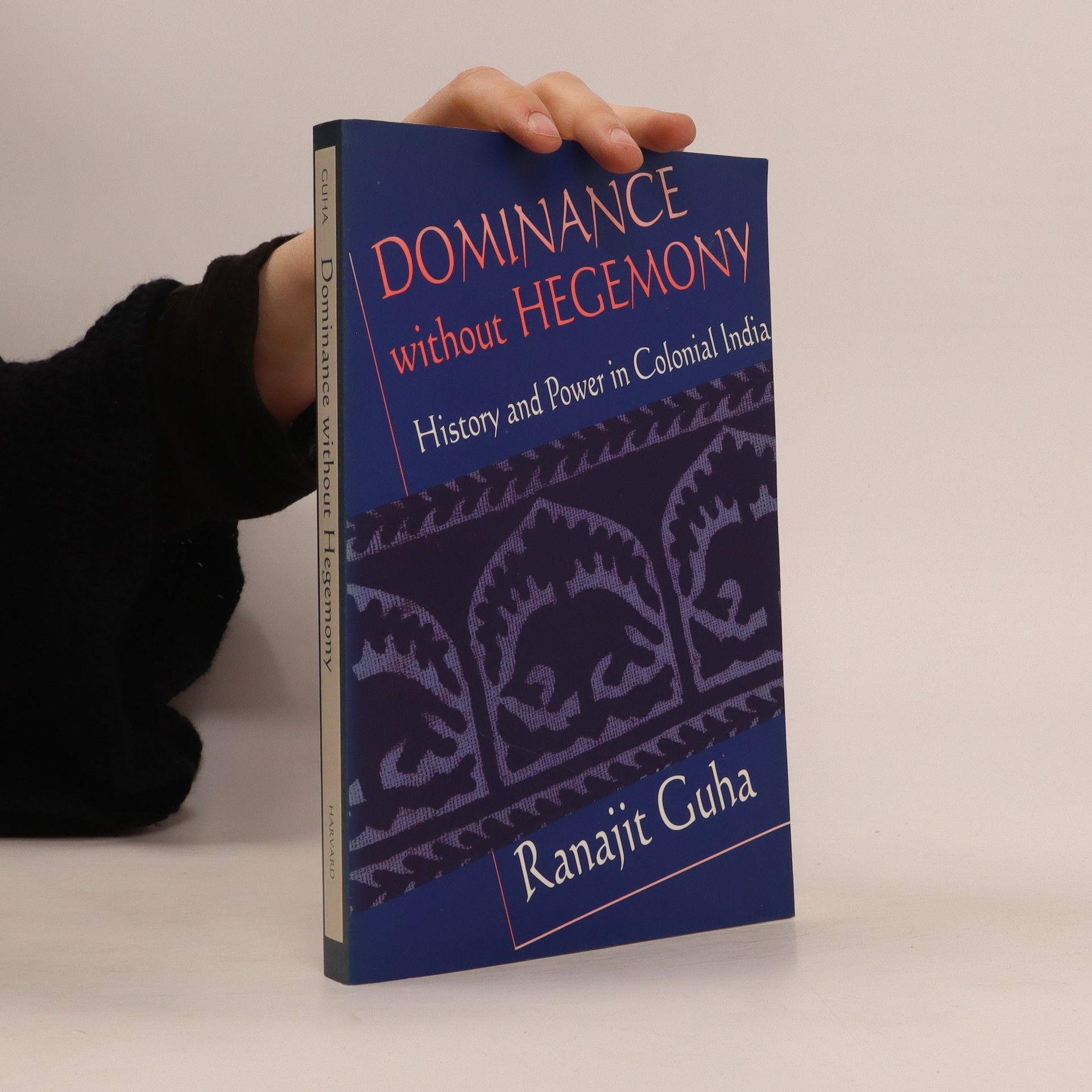Dominance without hegemony : history and power in colonial India
- 268 pages
- 10 hours of reading
What is colonialism and what is a colonial state? In exploring these questions, Ranajit Guha points out that the South Asian colonial state was a historical paradox. Britain may have ruled India as a colony, but it never achieved hegemony over most of the population, collaborating with the nationalist elite but never persuading the masses. Thus the colonial state, as Guha defines it in this closely argued work, was a paradox--a dominance without hegemony. His work will be essential to an understanding of Indian history.
